The Wikileaks story made me think about taxes, of all thing. Seemingly, the two have nothing in common. Wikileaks is about diplomatic cables and therefore deal with foreign policy, while taxes is an exclusively domestic issue.
But to talk this way is to touch merely on the contents of Wikileaks. Yet examine the government’s reaction to the leaking of its documents — and you will notice that it is rooted in the same principle as the one that drives its push to hit the rich with higher taxes.
The principle that is common to both is an utter disregard for property rights. That this principle is in operation when fleecing the rich is obvious: in its eagerness to get the money, the government forgets that the rich actually own their wealth, that it is their property — that there is nothing demonic or reprehensible about being wealthy, and therefore there is nothing in being rich to deserve higher taxes. The seemingly righteous “it is fair to levy higher taxes on the rich” is an identical twin of the famous “why do you rob banks?” — “because that’s where money is”.
Interestingly, Wikileaks is all about being cavalier with property rights, too — the property in question being that of “copyright” variety. Copyright — or a right to publish — quite simply means this: only the owner of the copyright can engage in publishing; only the owner of the copyright can use the tools of publishing such as internet. You have no copyright, and yet publish — you are engaged in a property crime, punishable by law.
Well, this is precisely what Wikileaks is engaged in — yet the government, not seeing the property rights as fundamental, flails blindly and vainly against the Wikileaks, not realizing that it has a solid case of legally punishable copyright violation. After all, the documents published by Wikileaks were not authored by the Wikileaks, but by the government; hence, it is the government and not the Wikileaks that has the copyright — and the Wikileaks is in violation of the copyright laws when it engages in publishing material to which it has no copyright. No need, therefore, to engage in dirty underhanded tricks like smearing Wikileaks founder with allegations of sex crimes, in order to silence the site and prevent further leaks. An honest and straightforward case of violation of property rights is sufficient.
Except that this government just doesn’t believe in property rights. Push for higher taxation of the rich is just one example of its attitude; blatant denial of access to the government-created tools of exercising copyright to the actual owners of copyright is another.
Here is what I am talking about: you wrote a book, and therefore have the copyright to it –.the right to publish. Unwilling to go to a publisher because he will pocket two thirds of the profit from your book, or unable to find one, you decide to exercise your copyright and to publish your book yourself. How do you make the book trade — the libraries and bookstores — aware of the newly forthcoming book? You need to add it to the Library of Congress’ catalog that provides subject keywords by which your book can be found by the interested parties. This is the key tool of exercising your copyright, since it makes your book visible in the marketplace — yet, if you publish your book yourself, the government denies you the use of its catalog. Only the bigger third-party publishers are permitted its use, not the actual owners of copyright (though this will hopefully change if a court case to which I am a party — Overview Books v. US — is successful).
Being so scornful of the principle of property rights, it is no wonder that the government is at a loss, not knowing what to do about the Wikileaks. Itself engaged in the daily, systemic violation of copyright, the government is clueless and helpless when its own copyright, its own property, is being violated.

